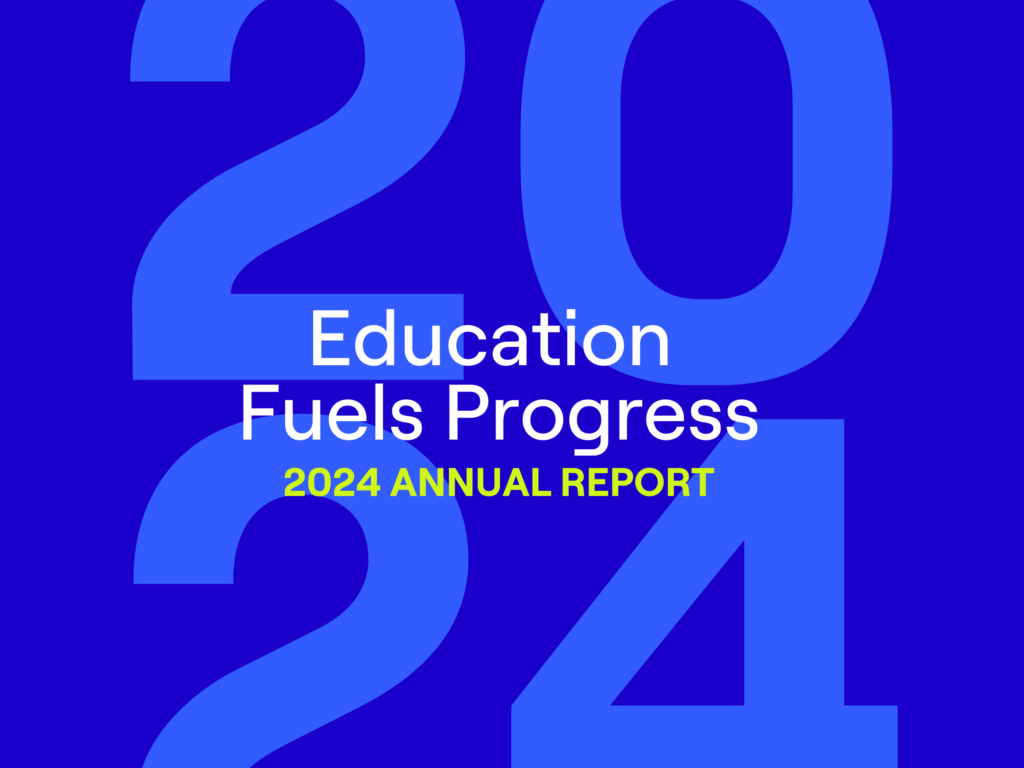Our latest guest blog post comes from Michael Petrilli of the Thomas B. Fordham Institute, who has logged time in both the public sector (at the U.S. Department of Education’s Office of Innovation and Improvement) and the private sector (as a VP at K12, an online learning company).
The entrepreneurial sector in education is right to be proud of its accomplishments to date. The best urban public schools in the country are charter schools that didn’t even exist twenty years ago; tool-builders are starting to bring diagnostic capabilities and customized learning into the classroom; and the world of virtual learning offers tremendous opportunities. And now, in Arne Duncan and his team at the U.S. Department of Education, we’ve got lots of “our own folks” in power at the highest levels.But let us be diligent that this pride not turn to hubris. Throwing around words like “innovation” and “proof points” and “scaling up” and “venture capital” can fool us into thinking that ours is the first generation of dedicated, smart, non-ideological “change agents” to take on the American education system. It’s not. To be sure, now is an exciting time, with protectors of the status quo on their heels and “new schools” on the march. But plenty can still go awry, as it did for previous waves of reform.
Here’s a modest proposal: let’s try to avoid the most obvious mistakes, among them becoming overly reliant on Uncle Sam for our effort’s financial and moral support. The NewSchools Summit will convene at a time when most participants will be busily scribbling their I3 proposals, looking for partners, making deals, imaging how federal funding will help their dreams lift off the ground or take their endeavors to whole new levels. That’s a precarious place for our “movement” to be, dependent on a fickle federal government that is already broke and facing a backlash of momentous proportions for poking its nose into too much business.
Once we start to get propped up by Washington’s dollars, chances are that the entrepreneurial sector will become just another Washington interest group, ensuring that its piece of the pie is protected each year. And we’ll be just another part of the educational-industrial complex. What a shame that would be.
While there’s an argument for federal funding of R&D efforts in our sector—as in other sectors—it’s another thing to rely on federal dollars to bring ideas to scale. And there’s little justification for old-fashioned pork, such as the annual earmark for Teach For America.
There’s plenty of talk about how the Race to the Top and the Investing in Innovation fund are once-in-a-lifetime opportunities. Here’s hoping that the adage is true: that these federal initiatives only happen once in our lifetime. The entrepreneurial sector will be stronger if forced to return to its roots in the private sector.
Michael Petrilli is Vice President for National Programs and Policy at theThomas B. Fordham Institute, where he oversees the Institute’s research projects and publications, including The Education Gadfly. He is also research fellow at Stanford University’s Hoover Institution, Executive Editor of Education Next, contributor to Fordham’s Flypaper blog.


